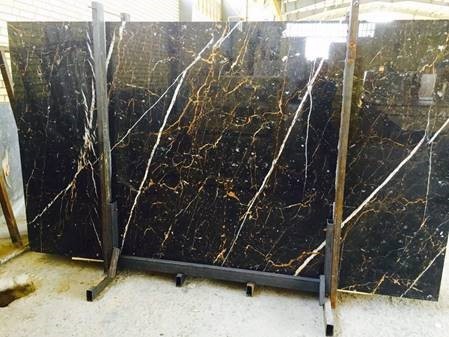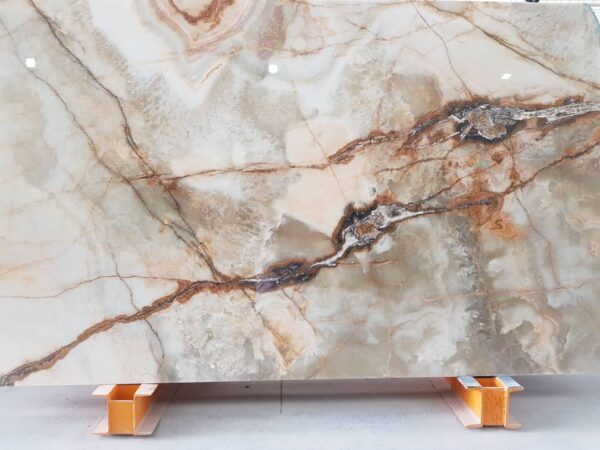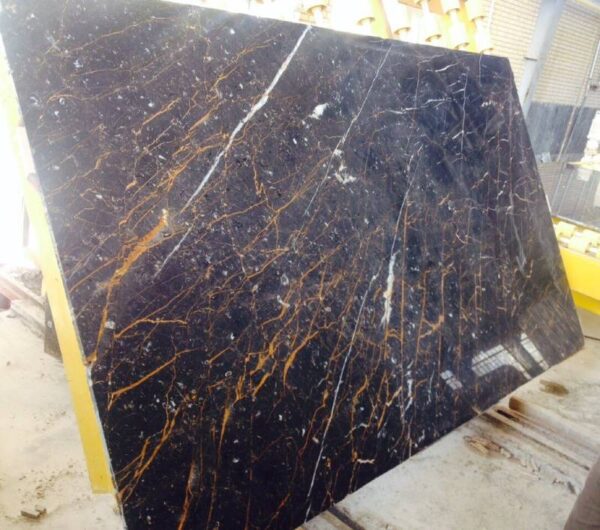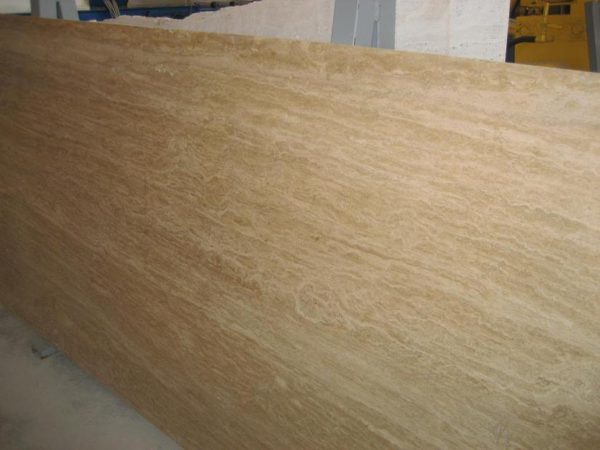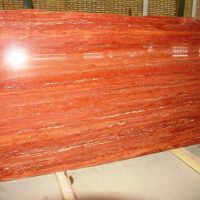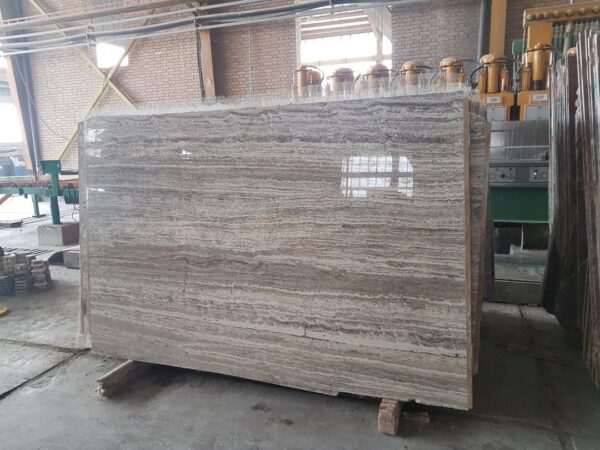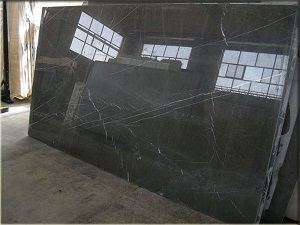A Global Overview
The Top Countries for Marble Export: Opportunities and Insights
Marble, known for its beauty and versatility, is a highly sought-after natural stone used in various applications, including flooring, countertops, and sculptures. The global demand for marble has led to a flourishing export market. This article explores the best countries for marble export, highlighting key players, market trends, and opportunities for growth.



Leading Marble Exporting Countries
Several countries have established themselves as leaders in the marble export industry, each offering unique varieties and qualities of marble:
- Italy:
Italy is synonymous with marble, renowned for its high-quality stones like Carrara and Calacatta. Italian marble is often regarded as the finest in the world, prized for its aesthetic appeal and exceptional craftsmanship. The country’s strong design culture and expertise in marble processing make it a top exporter, catering to luxury markets worldwide. - Turkey:
Turkey has rapidly become one of the largest marble exporters globally. The country is known for its diverse range of marble varieties, including white, beige, and colorful stones. Turkish marble is celebrated for its affordability and availability, making it a popular choice for both local and international buyers. Turkey’s well-developed quarrying and manufacturing processes contribute to its success in the export market. - Greece:
Greece has a rich history of marble production, particularly famous for its white marble from the island of Thassos and the famous Pentelikon quarry. Greek marble is valued for its purity and aesthetic qualities, making it a preferred choice for high-end architectural projects. The country’s focus on quality and craftsmanship has solidified its position as a key player in the marble export market. - Spain:
Spain is known for its diverse marble production, particularly in regions like Andalusia and Catalonia. Spanish marble, including varieties such as Crema Marfil and Rojo Almeria, is favored for its unique colors and textures. The country’s strong export network and focus on sustainable practices enhance its appeal in the global market. - India:
India has emerged as a significant exporter of marble, particularly in the last few decades. The country offers a wide range of marble types, including Makrana, which is known for its durability and aesthetic appeal. Indian marble is competitively priced and available in various finishes, making it attractive to international buyers. The growing emphasis on quality and innovation positions India as a strong competitor in the marble export market.
Market Trends Influencing Marble Exports
Several trends are shaping the marble export landscape:
- Sustainability:
As consumers become more environmentally conscious, the demand for sustainably sourced marble is rising. Countries that adopt eco-friendly quarrying and production practices are more likely to attract international buyers who prioritize sustainability. - Customization:
Buyers are increasingly seeking customized marble solutions to meet specific design needs. Exporters that can provide tailored sizes, finishes, and colors are more likely to succeed in this competitive market. - Technological Advancements:
Innovations in quarrying and processing technologies have improved the efficiency and quality of marble production. Exporters that leverage advanced machinery and techniques can offer superior products that appeal to discerning clients.
Challenges in the Marble Export Market
While the prospects for marble exporting countries are promising, several challenges must be addressed:
- Regulatory Compliance:
Navigating the regulatory landscape in both exporting and importing countries can be complex. Exporters must adhere to quality standards and environmental regulations to avoid penalties and ensure smooth transactions. - Intense Competition:
The marble export market is highly competitive, with numerous countries vying for market share. Establishing a strong brand presence and differentiating products through quality, design, and service is essential for success. - Logistical Issues:
The transportation of heavy marble products can be costly and logistically challenging. Exporters need to develop efficient supply chains to minimize costs and ensure timely delivery to clients.

